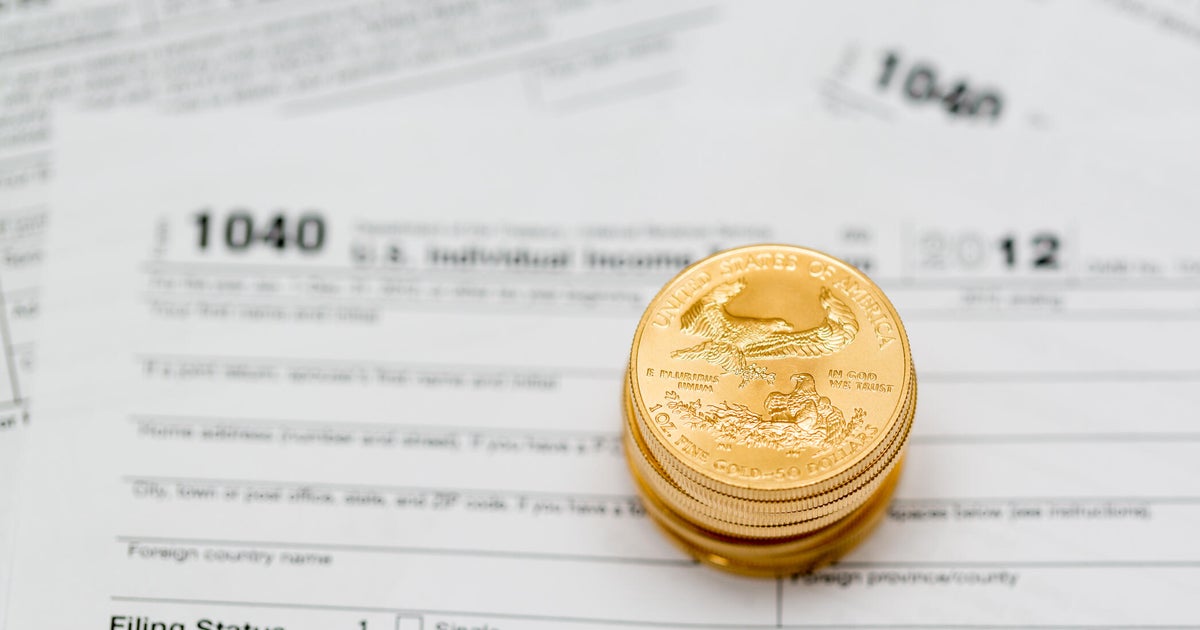4 benefits of buying gold
Gold is one of the oldest investments known to man. These days, investing in gold can mean purchasing either physical quantities of gold or shares of a stock that tracks the price of gold.
With the recent increase in inflation and continued market volatility, many investors are looking into gold as a more stable investment option.
If you're interested in this unique investment opportunity then get started with a free wealth protection kit to learn more.
Here's what you should know about the benefits of buying gold - and how to actually do it.
Four benefits of buying gold
Curious if buying gold makes sense for your portfolio? Read below to see why buying gold might be the right decision.
Maintains value
Consumers like to purchase gold because it has low volatility. Stocks and stock funds can be highly volatile, which means that their value can fluctuate at any given time. But gold is more stable, which can be an appropriate choice for investors who are looking for a safe space to park their money.
Helps during inflation
One of the main reasons people buy gold is as a hedge against inflation. When inflation is high, stocks usually fall. But gold may remain close to the same price.
On the other hand, when inflation is normal, gold will not provide the high returns seen in the stock market. Learn more about how gold can help fight inflation with a free wealth protection kit from Goldco.
Provides comfort in case of market collapse
Investors who want to buy gold are often looking for a backup plan in case the traditional stock market collapses. Because gold has been around for thousands of years as a form of currency, investors see it as a safe place to park their money.
Easy to sell
Because gold maintains its value over the long term, that means it can be easy to sell because the value is unlikely to be less than what you paid for it. Also, gold has been around for so long that there is always likely to be a market with willing buyers.
How to buy gold
While many people think buying gold means buying physical bullion, that's not the only - or the best - way to buy gold.
Noah Damsky of Marina Wealth Advisors recommends buying GLD, an Exchange Traded Fund (ETF) that tracks the gold index. It's much easier to buy shares of GLD than it is to buy physical gold. And when you do need or want to sell gold, selling an ETF is much simpler and faster than selling gold coins or bullion.
"If investors want to buy gold, an ETF such as the GLD is the best, most cost-efficient method," he said. "Investments are backed by storing physical gold rather than complex derivatives. It provides the benefits of physical ownership without the downsides of maintenance, storage and illiquidity."
You can purchase GLD in an Individual Retirement Account (IRA) so you can still receive the tax benefits. If you don't have an IRA, you can purchase GLD or other gold ETF funds in a taxable brokerage account. Use the table below to explore your gold-buying options.
If you still want to purchase physical gold, you can do it through a broker. Try to avoid buying gold through pawn shops or other untested vendors.
And when you do buy gold, ensure that it doesn't make up the bulk of your investment portfolio. Most investors are still better off keeping the majority of their funds in an index fund rather than gold.
Have more questions? Request a free wealth protection kit now to learn more about this unique investment opportunity.
Who should buy gold
A variety of investors should consider buying gold. In addition to investors that want to use gold as an inflation hedge and those who want to diversify their portfolio gold may also benefit:
- Investors who want liquidity: If you invest in a gold ETF, for example, you may be able to sell the investment during stock market trading hours and receive the cash in less than a week.
- Investors looking for a safe haven: In difficult economic environments like now, when inflation and interest rates are high, you might invest in gold with the anticipation that the asset will rise or at least keep its current value.




